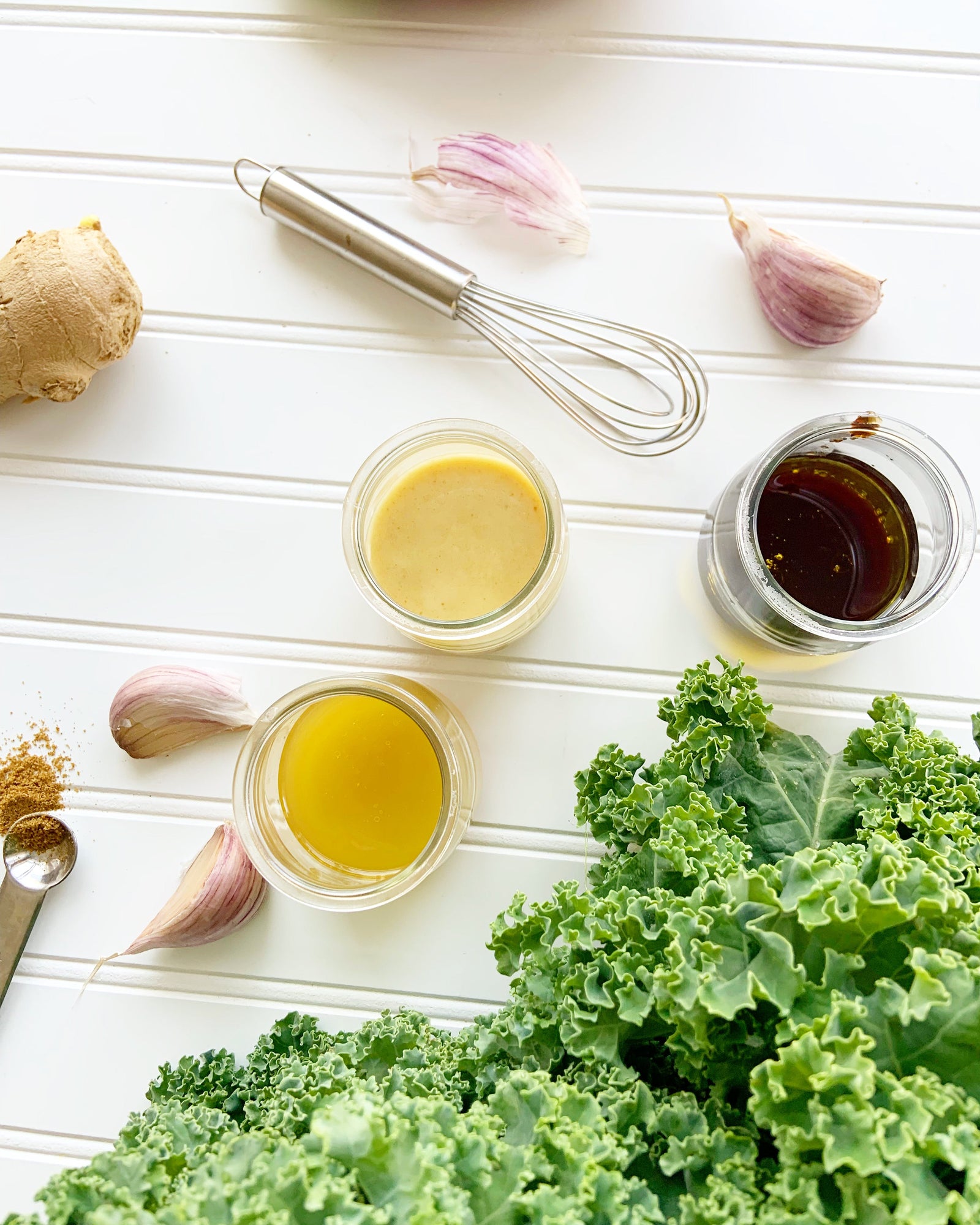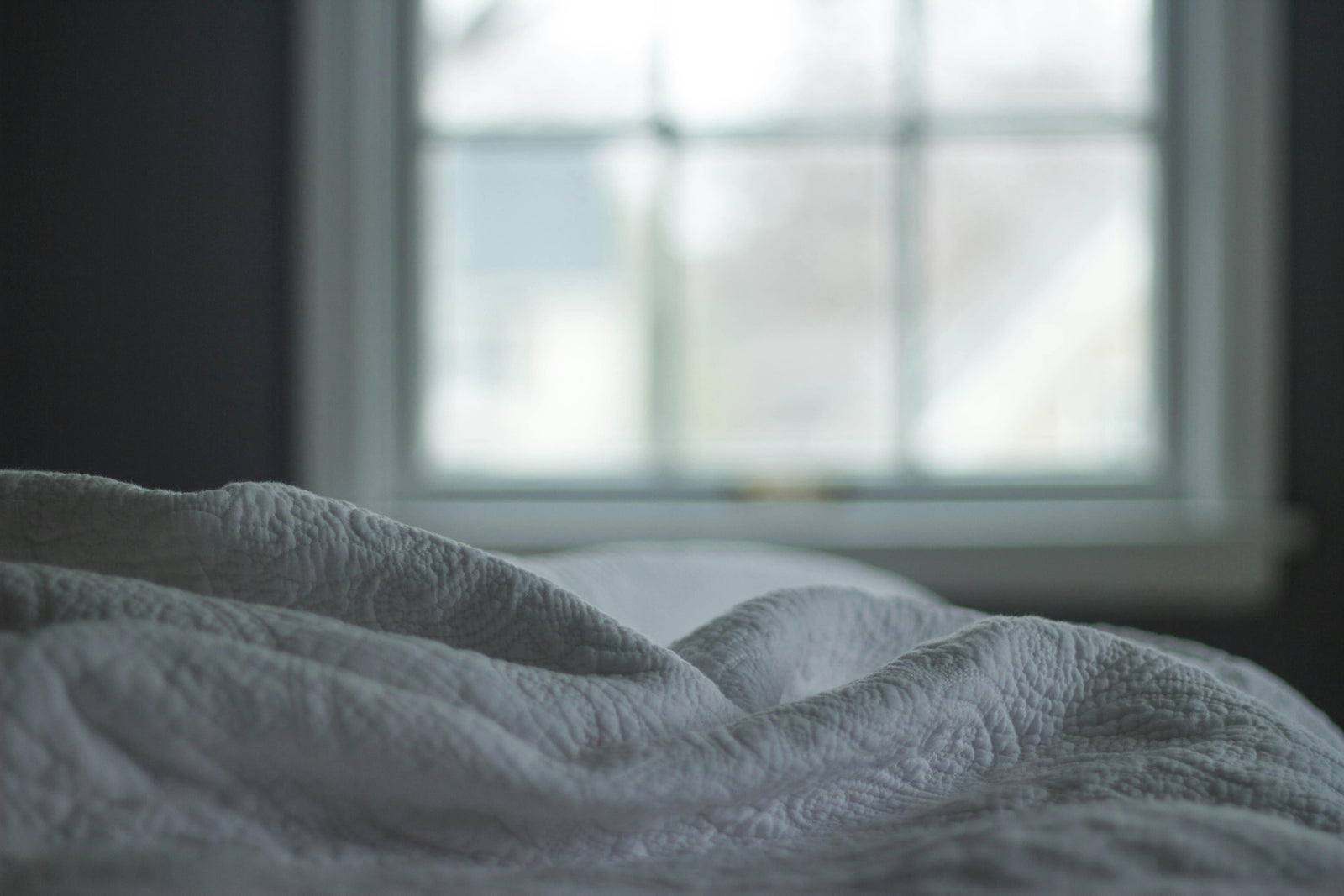The chest tightening, mind-racing, demobilizing feelings of anxiety can be reduced immediately.
There are simple things you can do to manage your anxiety and feel better. Here are natural solutions to anxiety that you can easily fit into your day, proven by science.
4 Science-Backed Ways to Reduce Anxiety Immediately
- Move
- Go Outside
- Be Mindful
- Eat Good Foods
1. Physical Activity
Get moving to reduce your anxiety immediately, suggests science. Physical activity helps reduce according to a large study that found adults who live an active lifestyle have a lower risk of anxiety.
How does regular exercise helps reduce anxiety and boost your mood? It causes the release of feel-good hormones and chemicals in the brain, such as endorphins. Exercise also causes anandamide (a natural cannabis-like chemical, or endocannabinoid) to be released.
When you choose to be physically active, you are less likely to reach for less healthy options to soothe your mood. Try movement instead! It may help reduce your dependency on alcohol consumption, or dwelling on your feelings to manage your anxiety.
Plus, the health benefits of exercise are fantastic! Physical exercise improves blood pressure, blood sugars, strength, and promotes better sleep.
How much exercise do you need to manage anxiety?
About 30 minutes of exercise per day for 3 to 5 days a week may significantly improve anxiety symptoms, according to the Mayo Clinic. It may also improve symptoms of depression.

2. Take a Hike
Reduce your anxiety immediately by stepping outside. Exposure to nature-based spaces is a natural way to manage anxiety, according to scientific evidence. There are mental health benefits of spending time in natural environments. It gives a sense of relaxation, and lowers anxiety. For example you've probably heard of "Forest bathing" a natural way to quickly lower feelings of anxiety.
How much time do you need to spend in nature to reduce anxiety?
Studies suggest at least 120 minutes a week. That’s equivalent to taking an 18-minute walk each day in a forested or green area - which sounds pretty pleasant.
3. Be Mindful
Simply wiggling your toes to help you focus on the supportive floor underneath you, or closing your eyes to take a deep breath can quickly reduce feelings of anxiety. These are ways you can practice mindfulness, which a study suggests could be as effective as some medications for anxiety. In the study, 8 weeks of mindfulness-based stress reduction programs helped participants see a 30% decline in their anxiety levels.
How does mindfulness help manage anxiety?
To help you increase your capacity to bear anxiety, instead of trying to ignore this uncomfortable feeling, mindfulness helps you make peace with it. Mindfulness allows you to become aware of your thoughts and emotions so you can move through and beyond them.

4. Eat Good Food
Many of the foods you already know are good for you, also help reduce anxiety. Anti-oxidant rich berries, leafy greens and salmon are examples of foods you eat to help reduce anxiety. These foods have anti-inflammatory potential.
How do anti-inflammatory foods help manage anxiety?
Inflammation plays a major role in anxiety, with higher rates of inflammation found in those struggling with mental health. The interaction between inflammation and anxiety appears to be complex. In simple terms, evidence suggests inflammation can be neurotoxic to the brain, impacting its well-being.

3 Best Foods to Eat to Reduce Anxiety, According to Science
1. Salmon
Salmon is one of the best sources of the essential fatty acids EPA and DHA. Seaweed is also a potential source. Seeds can offer the essential fattay acid ALA, but it's only converted at a rate of about 5% in the body into the EPA and DHA studies suggest help to reduce anxiety. Mounting evidence suggests supplementation with omega-3s (EPA+DHA) reduces the severity of anxiety symptoms. (If you'd like to 'Geek Out' and read more about this research, here's a review of 16 human studies). Of note, Health Canada recommends omega-3 supplements (containing EPA and DHA) to “help to promote healthy mood balance”.
2. Turmeric
Turmeric is a root with a pungent, yellow-orange colour that's well known to offer anti-inflammatory benefits in the body. Anti-inflammatory foods can help reduce anxiety, suggests science. The natural compound in turmeric, called curcumin, has been shown in 32 human trials to reduce inflammation. And, in 5 human studies, curcumin significantly reduced anxiety symptoms. This may be because curcumin can modulate dopamine, a chemical in the brain known to improve mental health, suggests research.
3. Fermented Foods
As not all fermented foods are sources of probiotics, it's a food worth considering as evidence links anxiety with unhealthy gut microbiomes. Fibrous foods, such as plants, and fermented foods (a source of helpful microbes) may support your gut and help you reduce anxiety. Your gut is connected by the vagus nerve to your brain. Your gut and brain are in direct communication. In other words, your gut impacts your mental health.
Research has found that the types of microbes in your gut can influence the part of your brain involved in anxiety and fear recall, called the amygdala. The helpful microbes, called probiotics, can positively influence the anatomy and chemistry of anxiety thanks to their impacts on short-chain fatty acids (SCFAs), cytokine production (inflammation), and gut peptides.
Help encourage good microbes to live in your gut by eating a diet that's rich in whole foods, such as vegetables, fruits, seeds, nuts, beans, legumes and whole grains.
Anxiety & Seasonal Affected Disorder
The sun impacts our mood. The light seems to lift our spirits. But, there's more to it. When your skin is exposed to sunlight, it's able to produce vitamin D. A deficiency in vitamin D is linked with anxiety and other emotional disorders, according to research. Several studies suggest increasing your body’s vitamin D levels can help you manage anxiety naturally.
The problem for Canadians is skin exposure to UVB rays which form pre-vitamin D3, the precursor to the vitamin D2 and D3 the body needs, is limited. There is a lack of sunlight exposure in dark, northern hemisphere locations. With limited food sources of vitamin D, supplementation may be required to meet ideal levels to reduce anxiety symptoms.
Originally created for the Canadian School of Natural Nutrition.
READ MORE by Allison on Amazon
References:
Physical activity is associated with lower long-term incidence of anxiety in a population-based, large-scale study. Frontiers in Psychiatry, 2021 Sept 10, 12.
Can physical activity support the endocannabinoid system in the preventive and therapeautic approach to neurological disorders? International Journal of Molecular Sciences 2020 Jun; 21(12): 4221.
Associations between nature exposure and health: a review of the evidence. International Journal of Environmental Research and Public Health, 2021 May; 18(9): 4790.
Spending at least 120 minutes a week in nature is associated with health and wellbeing. Scientific Reports 2019 Jun 13; 9: 7730.
Mindfulness-based stress reduction vs Escitalopram for the treatment of adults with anxiety disorders: a randomized clinical trial. Journal of American Medical Association Psychiatry, 2022 Nov 9; 80(1): 13-21.
Potential role of curcumin for the treatment of major depressive disorder. CNS Drugs 2022, 141.
Curcumin for depression: a meta-analysis. Critical Review Food Science Nutrition 2020 Aug; 60(15): 2643-2653.
Altered gut microbiota profile in patients with generalized anxiety disorder. Journal of Psychiatric Research 2018 Sep; 104: 130-136.
The microbiome regulates amygdala-dependent fear recall. Molecular Psychiatry 2018 May; 23(5): 1134-1144.
Neuroinflammation-associated alterations of the brain as potential neural biomarkers in anxiety disorders. International Journal of Molecular Science 2020 Sep; 21(18): 6546.
Does omega-3 lessen anxiety? Association of the use of omega-3 polyunsaturated fatty acids with changes in severity of anxiety symptoms: a systematic review and meta-analysis. Evidence-based Practice, 2021 March; 24(3): 6-7.
Relationship between vitamin D deficiency and psychophysiological variables: a systematic review of the literature. Clinics (Sao Paulo) 2021; 76: e3155.
Also in Blog

The Microbiome Diet: Gut Health, the Human Microbiome and Your Health
Your guide to the human microbiome, with insights into the Microbiome Diet, and whether it can improve your health, including indigestion.

Why Can't I Sleep: Your Guide to Better Sleep



